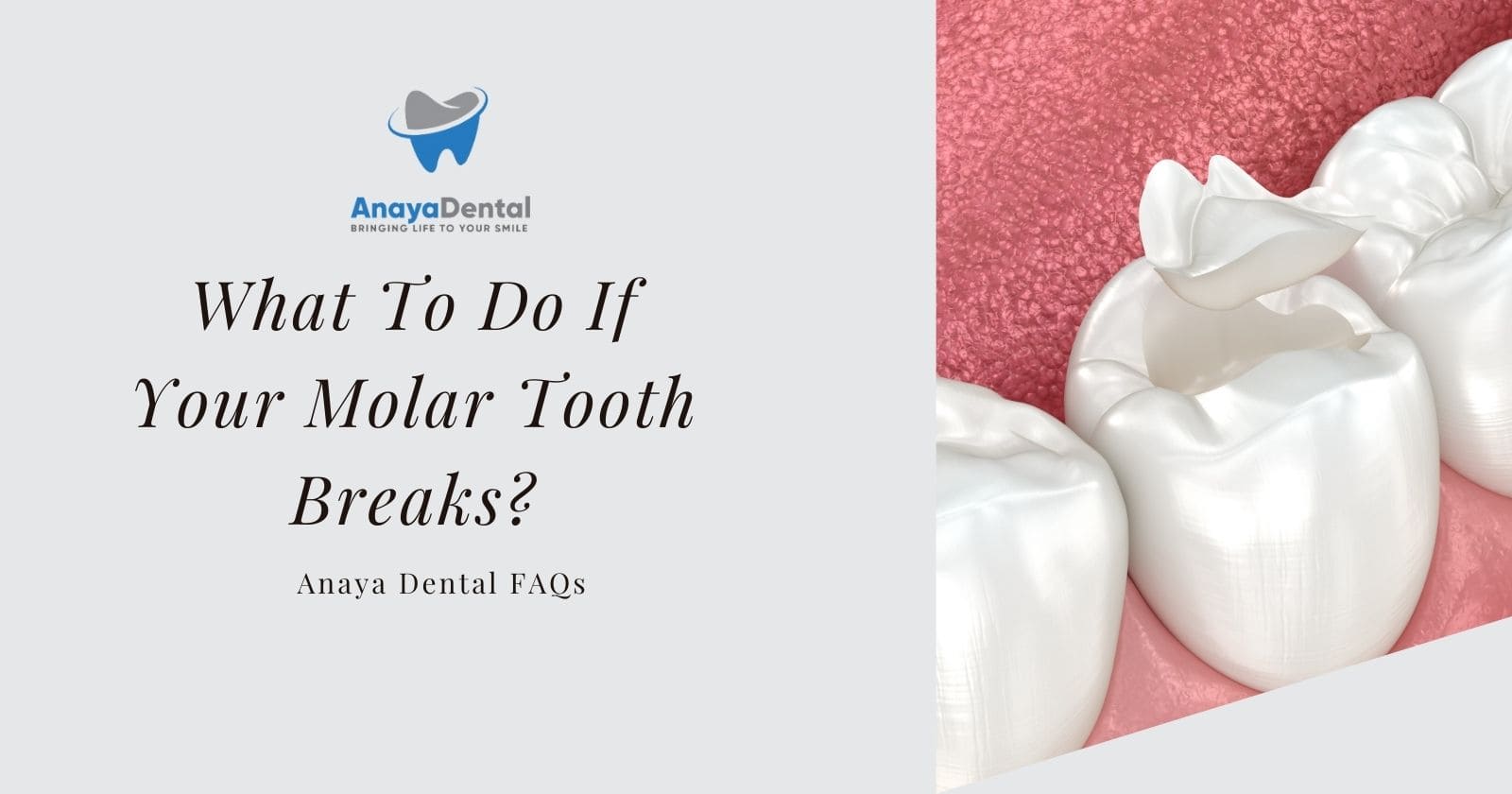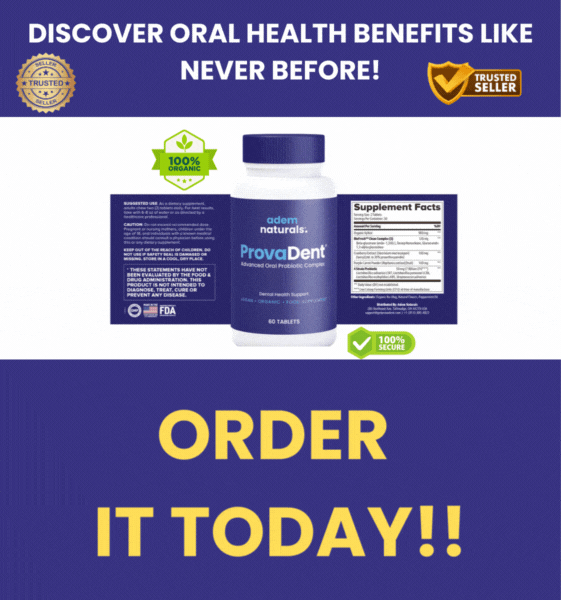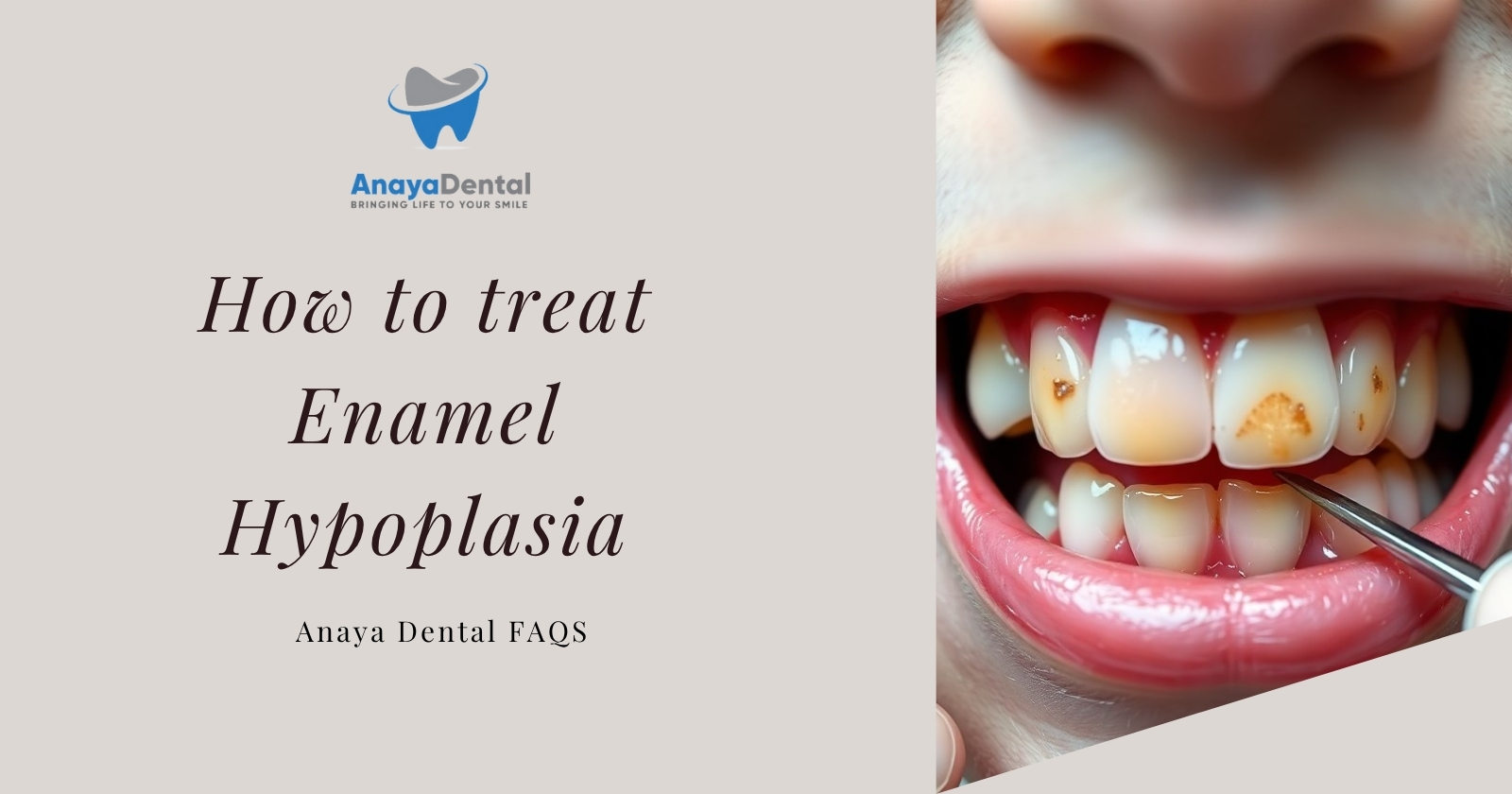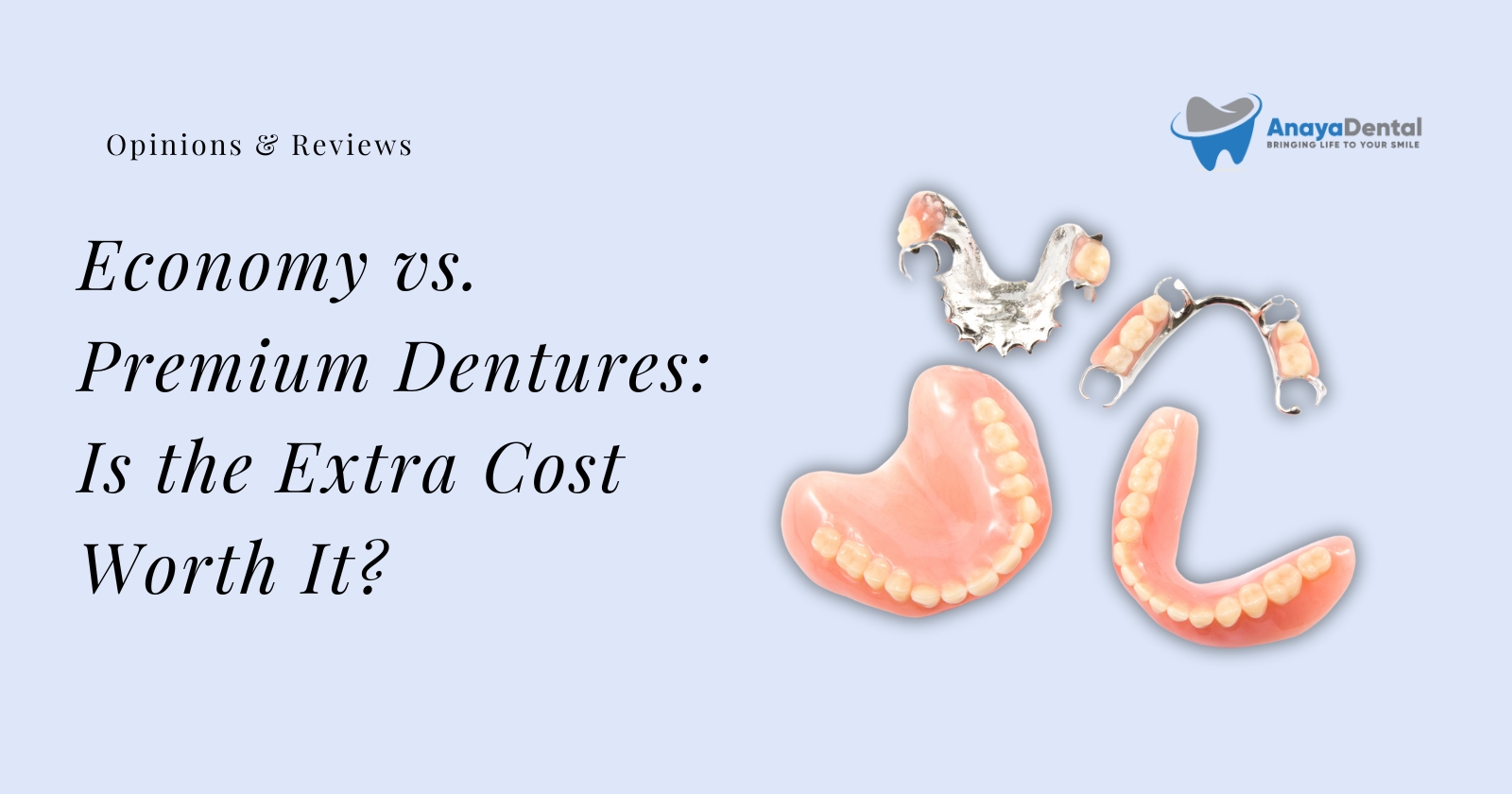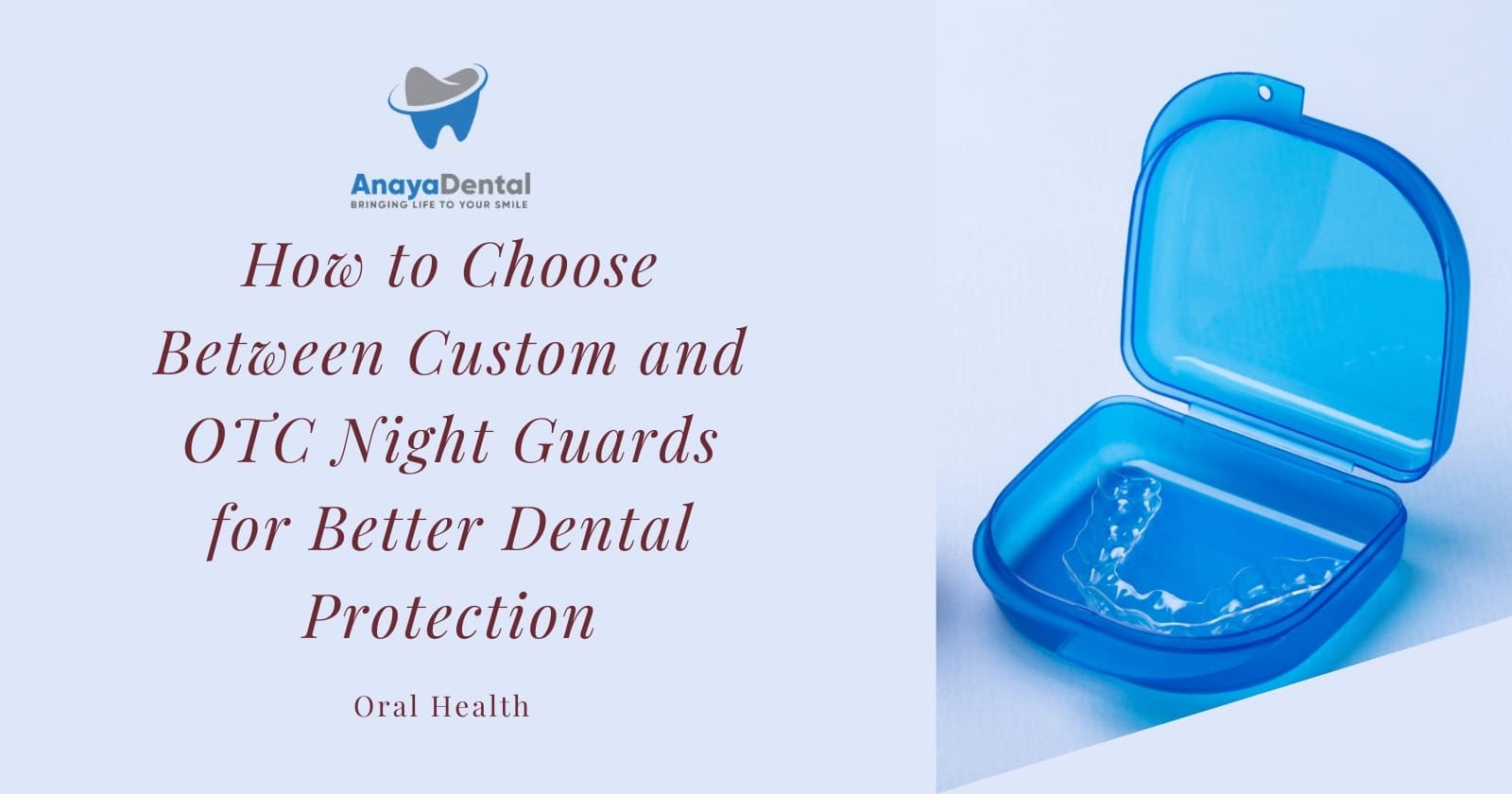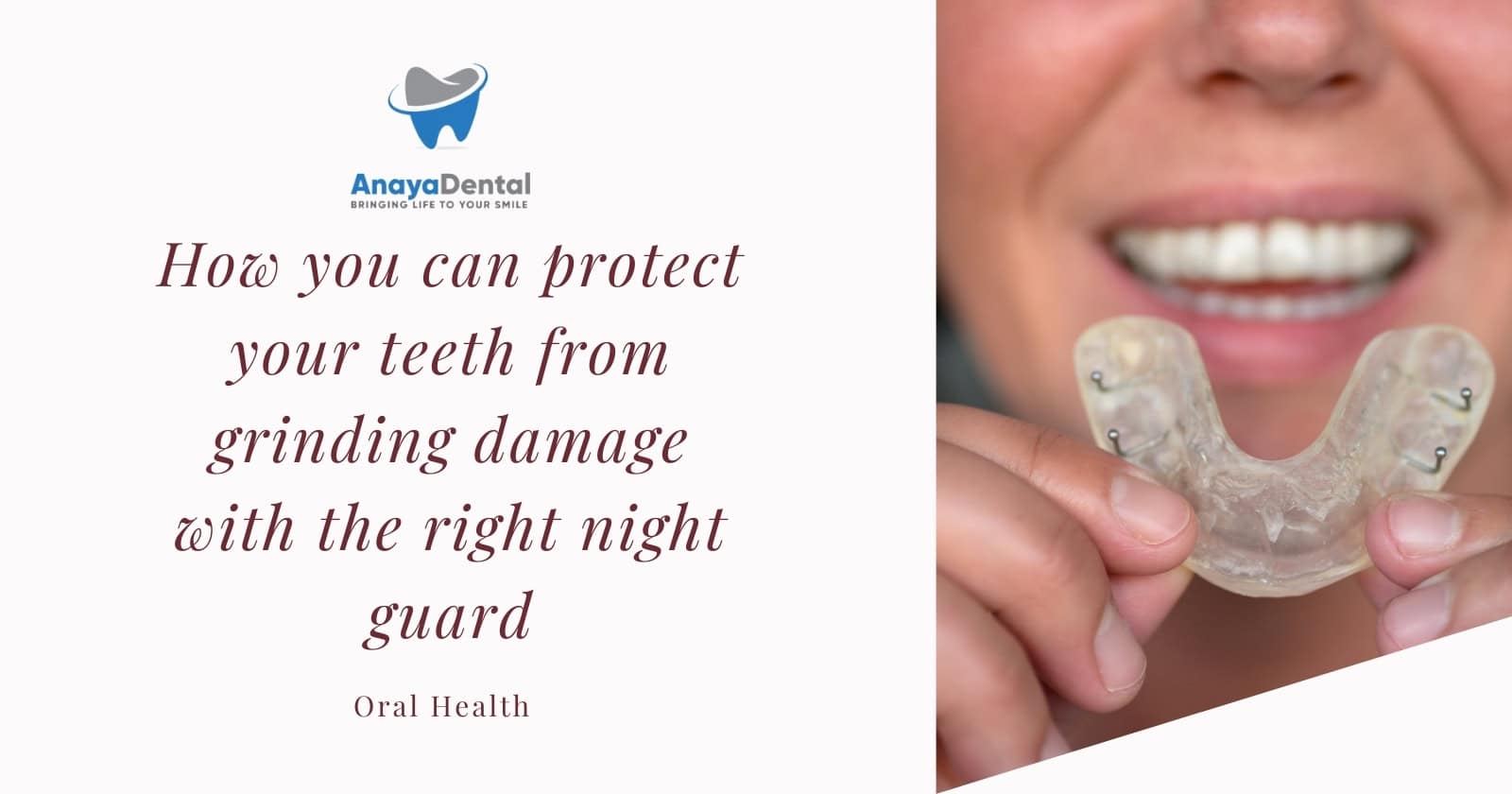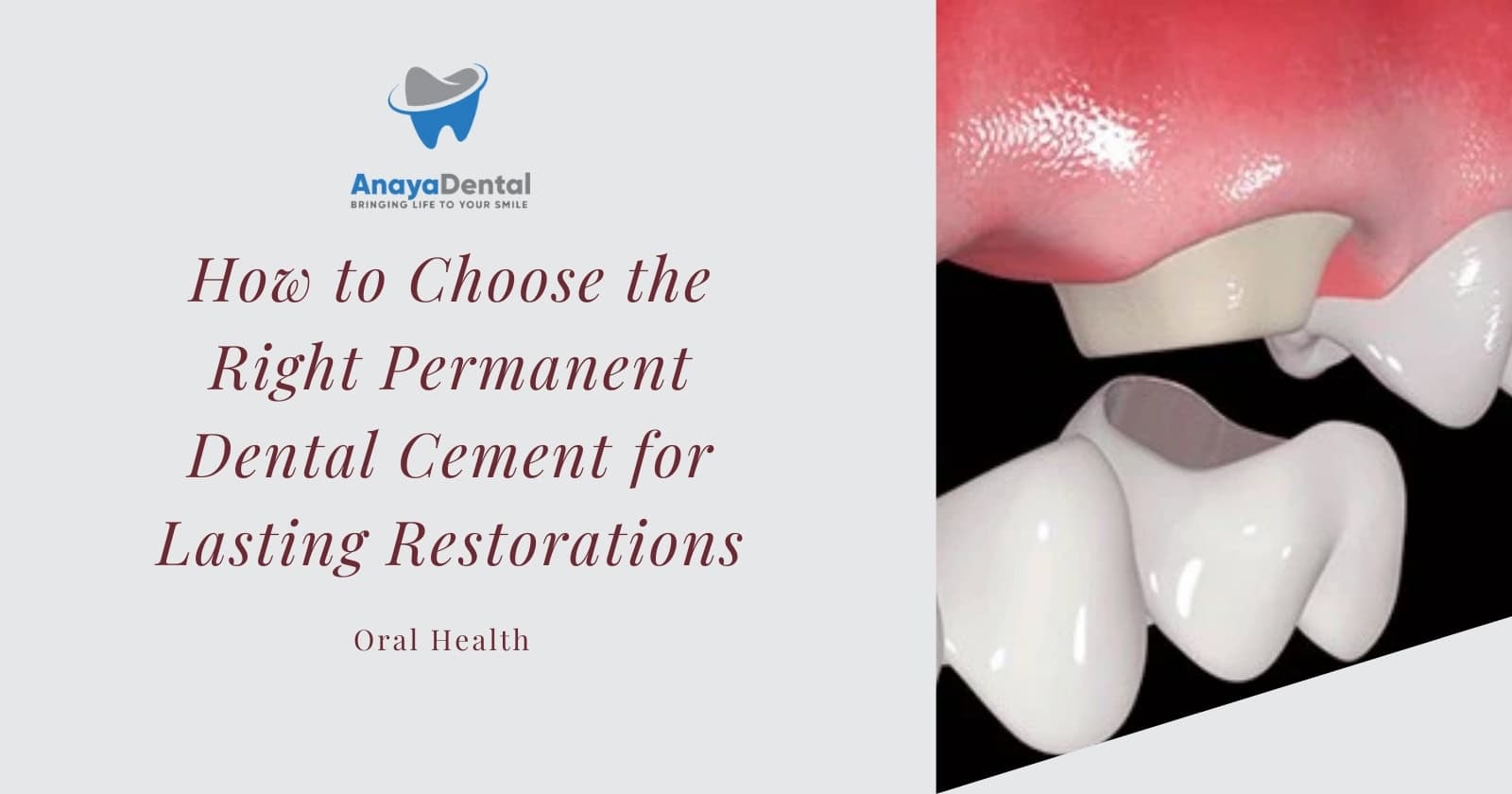If you experience a broken molar tooth, it’s crucial to act quickly to avoid further complications. When your tooth breaks, you may feel severe pain and be at risk of infection. You should seek immediate dental attention to prevent long-term damage and promote optimal oral health. By taking the right steps, you can minimize discomfort and ensure a successful recovery.
Key Takeaways:
- If your molar tooth breaks, it’s vital to seek dental attention as soon as possible to prevent further damage, infection, or tooth loss.
- Until you can see a dentist, rinse your mouth with warm water to clean the area, and apply a cold compress to reduce swelling and ease pain.
- A broken molar tooth can be restored with a filling, crown, or other dental restoration, depending on the extent of the damage and the tooth’s condition.
- To manage pain and discomfort, you can take over-the-counter pain relievers, such as ibuprofen or acetaminophen, but be sure to follow the recommended dosage and consult your dentist before taking any medication.
- Preventing broken teeth is always better than treating them, so maintain good oral hygiene, avoid biting or chewing hard objects, and wear a mouthguard if you participate in sports or activities that pose a risk to your teeth.
Understanding Molar Tooth Fractures
For your information, a broken molar tooth can be a painful and uncomfortable experience.
Types of Molar Breaks and Cracks
You may encounter:
Try Our Dental Calculators
- Chips
- Cracks
At this point, you should know the difference between them. Thou should consult a dentist for proper evaluation.
| Type of Break | Description |
|---|---|
| Chip | Small piece of tooth broken off |
| Crack | Visible line or fracture on tooth surface |
| Craze lines | Small, shallow cracks on enamel |
| Fracture | Large piece of tooth broken off |
| Split | Tooth split into two or more parts |
Common Causes of Broken Molars
Across various situations, you may experience a broken molar due to several factors.
Due to trauma, decay, or grinding, your molar tooth can break, causing pain and discomfort. You should be aware that neglecting your oral health can lead to severe consequences, including infection and tooth loss. It is imperative to visit your dentist immediately if you experience any symptoms of a broken molar.
Immediate Actions After Breaking a Molar
It is crucial to act quickly when your molar tooth breaks. You should contact your dentist immediately to schedule an emergency appointment. This will help prevent further damage and infection. In the meantime, you can take steps to manage your pain and protect your tooth.
Pain Management and First Aid
Around the time of the break, you may experience severe pain and discomfort. You can try using over-the-counter pain relievers, such as ibuprofen, to help manage your symptoms. Apply a cold compress to the affected area to reduce swelling.
Temporary Protection Methods
An alternative to a permanent fix is a temporary solution to protect your tooth. You can use a dental cement or a temporary filling to cover the broken area until you can see your dentist.
Also, applying a soft wax or chewable gum to the affected area can help protect your tooth from further damage. You should avoid chewing on the broken tooth to prevent shifting or further breakage. By taking these steps, you can help prevent infection and promote healing until you can receive professional dental care.
Professional Treatment Options
Keep in mind that a broken molar tooth requires immediate attention from a dentist to prevent further complications. You can expect your dentist to assess the damage and provide a suitable treatment plan, which may include various options to restore your tooth.
Dental Crown Solutions
Beneath the surface of your broken tooth, a dental crown can be placed to cover and protect it. You will be able to chew and speak normally again with a custom-made crown that matches your natural teeth.
Root Canal Procedures
Prior to any treatment, your dentist will examine your tooth to determine if a root canal is necessary. You may need a root canal if the break has exposed your tooth’s pulp, causing infection and pain.
But if you do need a root canal, you can expect your dentist to remove the infected pulp and fill the tooth with a special material to prevent further infection. This procedure can save your tooth and alleviate any discomfort or pain you may be experiencing.
Extraction and Replacement Options
Replacing the broken tooth is often the best option if it is severely damaged. You can choose from various replacement options, such as a dental implant or bridge, to restore your smile and chewing function.
For instance, a dental implant can be a long-lasting solution that looks and feels like a natural tooth, allowing you to eat and speak with confidence and comfort. Your dentist will help you decide on the best option for your specific case and guide you through the process.
Preventing Further Damage
After your molar tooth breaks, it’s imperative to take immediate action to prevent further damage. You should avoid chewing or biting on the broken tooth to prevent pain and infection.
Dietary Modifications
One of the key steps in preventing further damage is to make temporary changes to your diet. You should opt for soft foods and avoid hard or sticky foods that can exacerbate the condition.
Protective Measures
About the protective measures you can take, using a mouthguard can help protect your broken tooth from further damage. You can also use desensitizing toothpaste to reduce sensitivity.
Further, when it comes to protective measures, you should be gentle when brushing and flossing to avoid irritating the broken tooth. By taking these precautions, you can prevent further damage and reduce the risk of infection, allowing your tooth to heal properly until you can see a dentist.
Recovery and Aftercare
Not all broken molar tooth cases require immediate surgery, but proper care is necessary to prevent infection. You should follow your dentist’s instructions for a smooth recovery.
Post-Treatment Care Guidelines
Once you’ve undergone treatment, on the first day, you’ll need to rest and avoid strenuous activities. Your dentist will provide personalized advice on managing discomfort and swelling.
Follow-up Appointments
With your treatment complete, you’ll need to schedule follow-up appointments to monitor your progress. You should attend these appointments to ensure your tooth is healing properly and to address any concerns.
Consequently, as you attend your follow-up appointments, your dentist will assess your healing progress and provide guidance on maintaining good oral health. You can expect to discuss medication, diet, and oral hygiene to prevent complications and promote a successful recovery. By following your dentist’s advice, you can minimize the risk of further damage and ensure your overall well-being.
Long-term Considerations
Now that your molar tooth has broken, it’s vital to think about the long-term effects on your oral health. You should consider the potential impact on your surrounding teeth and overall dental well-being.
Monitoring Dental Health
Accordingly, you will need to keep a close eye on your dental health, ensuring that your broken tooth does not lead to further complications or infections. You should schedule regular check-ups with your dentist to monitor the situation.
Lifestyle Adjustments
Any changes you make to your daily routine can have a significant impact on your oral health. You may need to adjust your diet and avoid certain foods that could exacerbate the issue or cause discomfort.
Adjustments to your lifestyle can help prevent further damage to your broken molar tooth. You can take steps to maintain good oral hygiene, such as brushing and flossing regularly, and attending scheduled dental appointments to ensure your tooth receives the necessary care, preventing painful and costly problems from arising in the future, which will help you maintain a healthy and beautiful smile.
Summing up
As a reminder, if your molar tooth breaks, you should prioritize your oral health by seeking immediate dental care. You can take pain relievers to alleviate discomfort, but you must visit your dentist to assess the damage and determine the best course of action for your tooth. Your dentist will help you decide whether a filling, crown, or extraction is necessary to restore your tooth and prevent further complications. By taking prompt action, you can protect your oral health and prevent more severe issues from developing.
FAQ
Q: What should I do immediately if my molar tooth breaks?
A: If your molar tooth breaks, the first step is to stay calm and assess the situation. Rinse your mouth with warm water to remove any debris. If you are experiencing pain, you can take an over-the-counter pain reliever such as ibuprofen or acetaminophen. Apply a cold compress to the outside of your cheek near the broken tooth to reduce swelling and ease pain. It’s also a good idea to save any broken pieces of your tooth, as your dentist may be able to use them to repair the tooth.
Q: How can I manage the pain and discomfort of a broken molar tooth?
A: To manage the pain and discomfort of a broken molar tooth, you can try using a desensitizing toothpaste or applying a topical anesthetic gel to the affected area. You can also take over-the-counter pain relievers as directed, but be sure to follow the instructions and not exceed the recommended dose. Eating soft foods and avoiding chewing on the broken tooth can also help minimize discomfort. If the pain is severe or persistent, it’s best to contact your dentist for further guidance and treatment.
Q: Can a broken molar tooth be repaired, or does it need to be extracted?
A: The treatment for a broken molar tooth depends on the severity of the break. If the break is minor, your dentist may be able to repair the tooth with a filling or crown. However, if the break is more extensive and the tooth is damaged beyond repair, it may need to be extracted. Your dentist will assess the tooth and provide a recommendation for the best course of treatment. In some cases, a root canal may be necessary to save the tooth, especially if the break has exposed the pulp or nerve of the tooth.
Q: How soon should I see a dentist if my molar tooth breaks?
A: It’s crucial to see a dentist as soon as possible if your molar tooth breaks. Even if you’re not experiencing pain, a broken tooth can be prone to further damage or infection. The sooner you see a dentist, the better chance you have of saving the tooth and preventing more extensive and costly repairs. If you’re unable to get an appointment with your regular dentist, consider visiting an emergency dental clinic or urgent care center for immediate attention.
Q: What can I do to prevent my molar tooth from breaking in the future?
A: To prevent your molar tooth from breaking in the future, practice good oral hygiene by brushing and flossing regularly. Avoid chewing on hard objects, such as ice or hard candy, which can weaken or damage your teeth. Wear a mouthguard if you participate in sports or activities that could result in a blow to the mouth. Regular dental check-ups can also help identify any potential problems with your teeth before they become major issues. Additionally, avoid using your teeth as tools, such as opening packages or biting your nails, as this can put unnecessary stress on your teeth and increase the risk of breakage.
